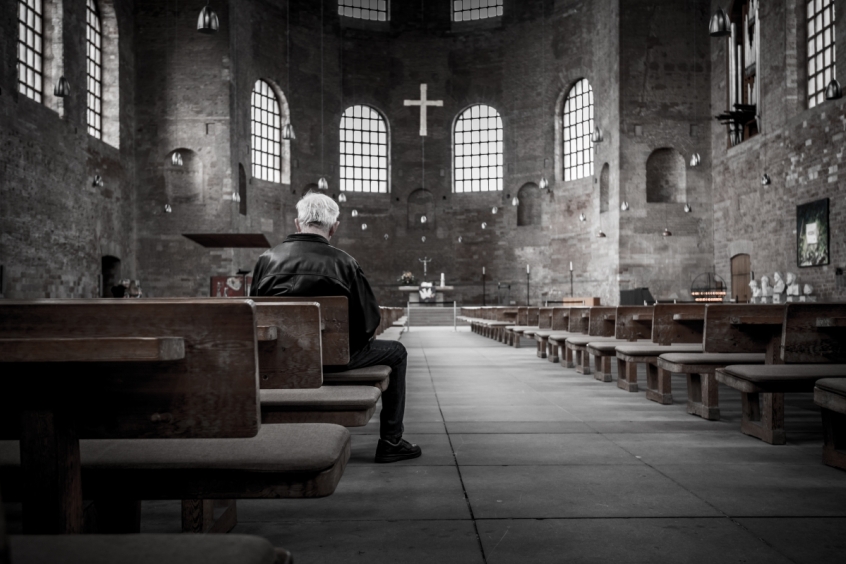Many people attend churches because it helps them to stay grounded in their faith and offers spiritual guidance for their situations. However, a new study has found that attending church may help you live longer.

The research study titled 'Church Attendance, Allostatic Load and Mortality in Middle – Aged Adults' by Vanderbilt University in Nashville, Tennessee, found that middle-aged people between the ages of 40 and 65, who attend worships services decrease their chances of an early death by 55 percent.
Researchers examined the participants church attendance, morality and the 'wear and tear' on the body which accumulates as an individual is exposed to stress. The higher the 'stress load' on an individual, the more wear and tear is suffered by the body.
Marino Bruce, The Associate Director for the University's Center for Men's Health's told Vanderbilt News, 'Our findings support the overall hypothesis that increased religiosity – as determined by attendance at worship services – is associated with less stress and enhanced longevity.'
Of the 5,449 people of all races and both sexes who were surveyed, 64 percent were regular worshipers. Studies found that those who did not attend regular or any worship service had a higher stress load score than those who did.
'We've found that being in a place where you can flex those spiritual muscles is actually beneficial for your health.
'For those who did not attend church at all, they were twice as likely to die prematurely than those who did, who attended church at some point over the last year,' he added.
The effects of attendance at worship services remained after education, poverty, health insurance and social support status were all taken into consideration. However, the study did not address the effects of frequency of worship.
The study, was officially published on May 16 in PLOS ONE, a multidisciplinary open access journal, using data from the National Health and Nutrition Examination and data notes are now available to the public.













